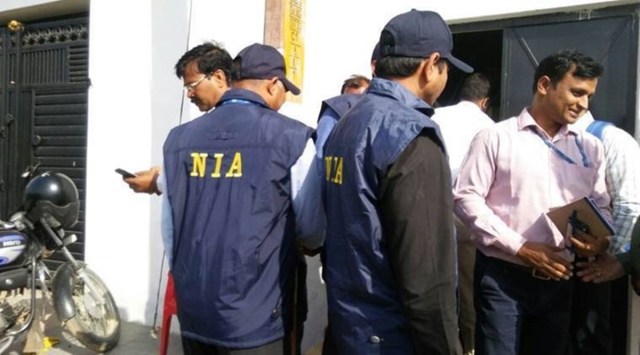Next month, heads of intelligence agencies and state counter-terror squads will meet for a two-day conference organized by the National Investigation Agency (NIA) to discuss banned Khalistani outfits. The topic of providing safe haven to Khalistanis has caused tension, prompting the need for this conference.
Central intelligence agencies aim to emphasize two key points at the conference — the importance of seizing properties of individuals with Khalistani connections, and enhancing coordination with state police forces to pursue leads at the international level.
The NIA is currently investigating around 10 cases related to the nexus between gangsters, terror operatives, and banned Khalistani outfits. Many of the accused individuals in India are already in jail, while their associates or handlers are located in Canada, Pakistan, and other countries. The NIA is working with the Ministry of External Affairs and the Research and Analysis Wing (RAW) to apprehend them.
Furthermore, the NIA plans to share specific case studies with state counter-terrorism squads on how they are dismantling this nexus. They are also seeking better coordination with state police forces to gather more information about the properties of these individuals.
The conference will be attended by RAW Chief Ravi Sinha, head of the Intelligence Bureau Tapan Kumar Deka, and chairman of the National Technical Research Organisation Arun Sinha.
The NIA is also investigating links between gangsters and individuals in various professions, similar to the pre-1993 blasts era when extensive links between the underworld and members of the film industry had surfaced.
Better coordination is crucial, as seen in the example of Canada-based designated terrorist Arshdeep Singh Gill of the Khalistan Tiger Force (KTF). The Punjab police and the NIA are both working on cases related to him, and coordination between the two investigation teams is essential when dealing with international agencies.
Senior officials in the Ministry of Home Affairs have stressed the need for smooth exchange of information, alerts, and terror inputs among heads of security agencies and terror teams operating in states.
All invitees have been asked to make presentations and share key factors of their terror investigation cases. Additionally, the increase in the use of Chinese SIM cards in the country and trends in terror funding will also be discussed.




+ There are no comments
Add yours